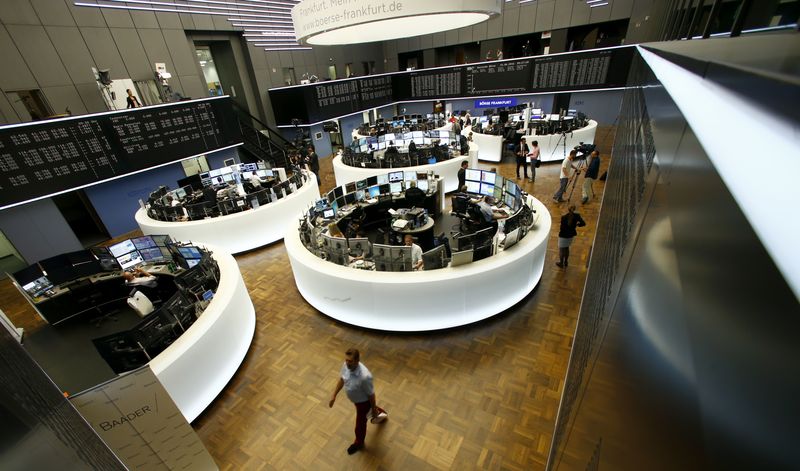Intel stock spikes after report of possible US government stake
Investing.com - Strong earnings in Europe have defied a mostly gloomy outlook for the region, according to analysts at Bank of America.
Despite growing at a faster-than-anticipated rate in the third quarter, the Eurozone economy still faces uncertainty around the prospect of heavy tariffs in a potential Trump administration, worsening trade relations with China and sluggish consumer confidence.
Gross domestic product in the 20 countries who share the euro currency expanded by 0.4% in the quarter compared to the prior three months, versus estimates of 0.2%, Eurostat data showed last week. Still, household consumption remained weak and the Eurozone's industrial sector stayed in a recession, denting Europe's biggest economy Germany in particular.
Growth in the Eurozone has been only slightly above zero for most of the past two years, with its key industrial segment hit by shocks from the war in Ukraine and tepid activity in China. Meanwhile, a new European Commission sentiment reading pointed to a further deterioration in the wider forecast for the Eurozone due to industrial woes.
Although the future is somewhat murky for Europe's economy, the latest quarterly results from firms in the regional Stoxx 600 have been resilient, the BofA strategists led by Andreas Bruckner said in a note to clients on Monday.
They highlighted that 55% of these companies have beaten earnings per share (EPS) estimates, "well above the sub-50% levels implied by deeply negative [Eurozone] economic surprises in the third quarter."
Banks in Europe have been the major driver of the upside surprises, with almost 90% of these businesses topping analysts' projections, the analysts said. They added that industrials have also been a "meaningful positive contributor," thanks in large part to strength at Danish shipping group A.P. Moller-Maersk.
"The EPS surprise is partly due to sharp downgrades to consensus numbers shortly before the start of the earnings season, though EPS growth is also running around 1.5 percentage points above the expectations seen before the cuts," the analysts wrote.
(Reuters contributed reporting.)
